Justine Rufus on Wisconsin's MMIW Task Force and cold cases
Wisconsin MMIW Task Force Chair Justine Rufus discusses the importance of communication among law enforcement agencies and how text alerts can help in cases of missing and murdered Indigenous people.
By Erica Ayisi | Here & Now, ICT News
May 13, 2025

VIDEO TRANSCRIPT
Erica Ayisi:
Right — that's something that I wanted to ask you about, are some of the challenges, be it communication or accurate reporting between tribal law enforcement and urban or local law enforcement. Can you talk a little bit more about that?
Justine Rufus:
Yeah, so I think that different states — and this is a little bit more complicated — but Wisconsin's a public law 280 state. So, really our criminal is held within our county partners. We do rely more heavily on our county partners to move these cases, these prosecutions of crimes forward on behalf of tribes, so it's really important to have relationships built with their county partners. They are finding out and prosecuting these cases on behalf of the tribes when there's a criminal act so that the history of that — that's something that we're very intentional about in our committee, is including law enforcement to try to build that type of relationships where these relationships are improving for our community. When we do have relatives that are going missing, we can rely on other resources and other community partners. And so I think that's an area that we really in the past have struggled with, is relying on those cases to be brought forward by our county partners. We're really in a jurisdictional — it's very complicated when it comes to our cases and I think that's a big problem, about where the crime is committed and how that's moved forward through jurisdictions.
Erica Ayisi:
Can you tell me about the current status of the MEP text alert system that was created a few years ago? What's the status of that and is it helping?
Justine Rufus:
So, I think nationwide, I think that that was a big win for us. That, and also I think in Wisconsin we had another law that was passed for — that we put in our report as a recommendation, but then was passed — was pinging cell phone towers very early and not having to go through a large process to get that information back from our missing relatives. Those type of actions — like this alert system — it is very crucial for our communities. It creates awareness. Number one, we didn't have any type of system to alert folks when our relatives went missing. So this was an extremely big win for us in creating awareness and creating additional resources for folks to look for our relatives when we do go missing. I don't know how often it's been used in our state, but I do know at a national level we all seen it as a very big win for our tribal communities to have this alert system.
Erica Ayisi:
So the alert system will continue?
Justine Rufus:
Yes.
Erica Ayisi:
With the release of this data, will it open up or reopen any previous cases of missing Indigenous people?
Justine Rufus:
I don't think that the report is going to — I think the report is going to create awareness and I think that relatives, we had a number of family members that had cold cases that joined our task force. So, there has been more pressure to really look at some of these older cases here in Wisconsin. I know that we worked really closely even with — there was a few officers that were hired a couple years ago to look at old cases. And so we have really worked with our partners to try to work with those families that were interested in opening up some of those cases. I think just the work in general did help create awareness in some of those very old cases that we have in our state.
Erica Ayisi:
Will there be any names mentioned of missing people or murdered people in the data that comes out?
Justine Rufus:
We didn't create a list of names because we wanted to make sure that we were very accurate with what we put in our report. That was very challenging, and it was something that we really considered for a very long time, is to try to just put the names of the ones that we knew, but we have to put together a list for other organizations that were interested in, and we had a murdered and missing Indigenous ride, so we carried the flags of the people that we knew were missing. Ho-Chunk Nation created a memorial on their high school of missing relatives where they listed some names and had at large events. So, we have been helping with that awareness of folks that were listed, but we just wanted to be very accurate in our report.
This report is in collaboration with our partners at ICT, formerly Indian Country Today.
 Passport
Passport




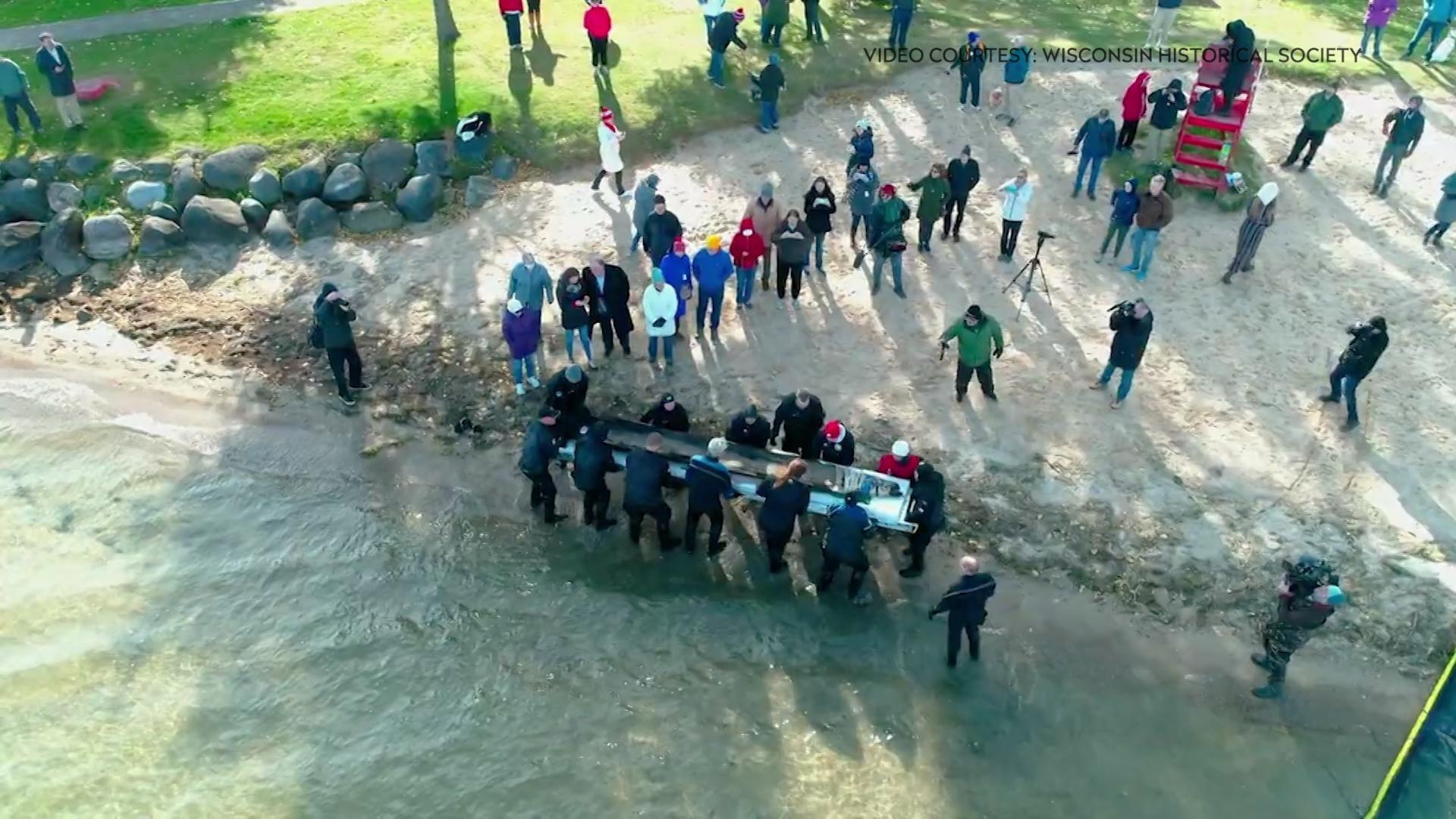
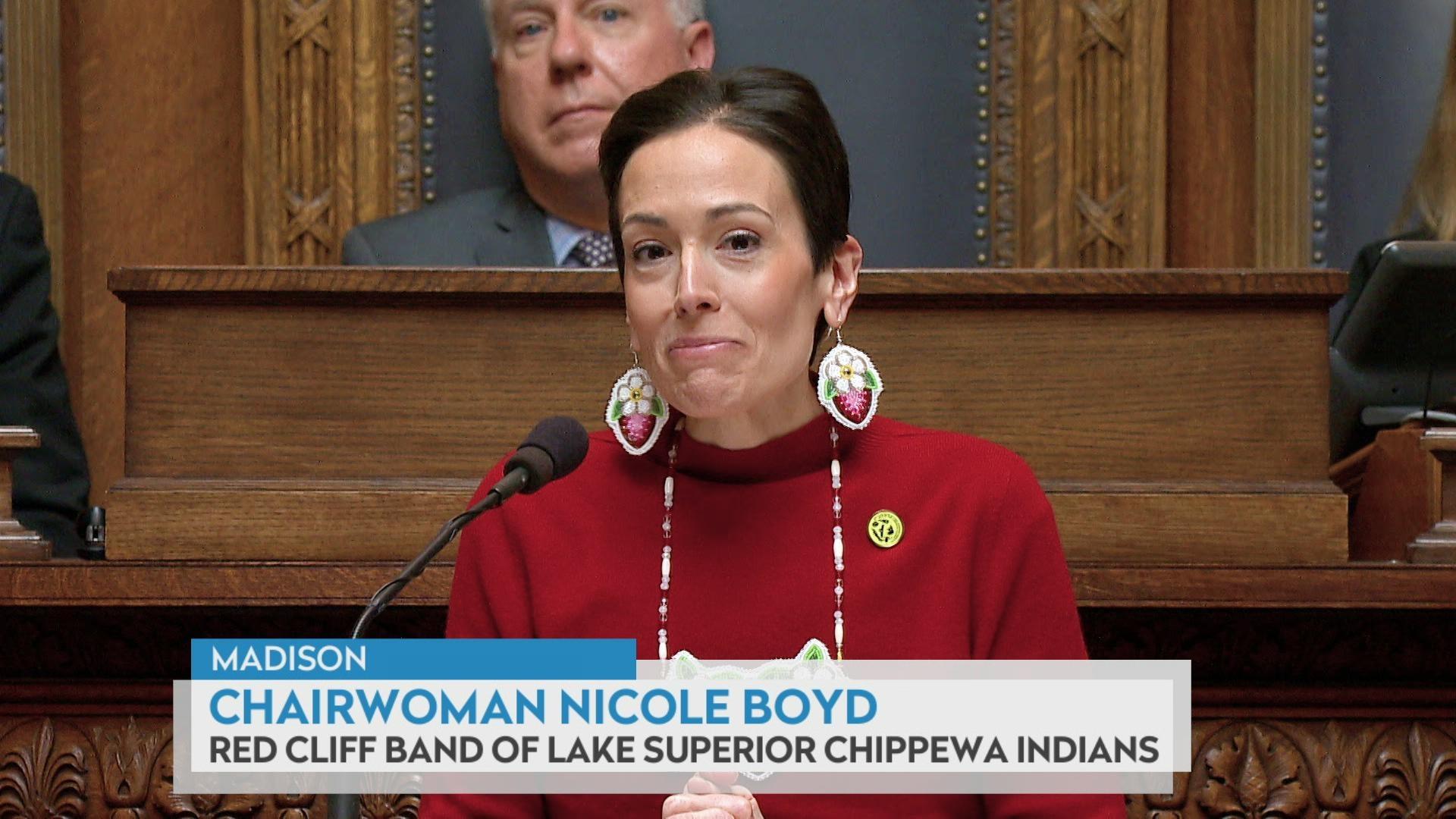
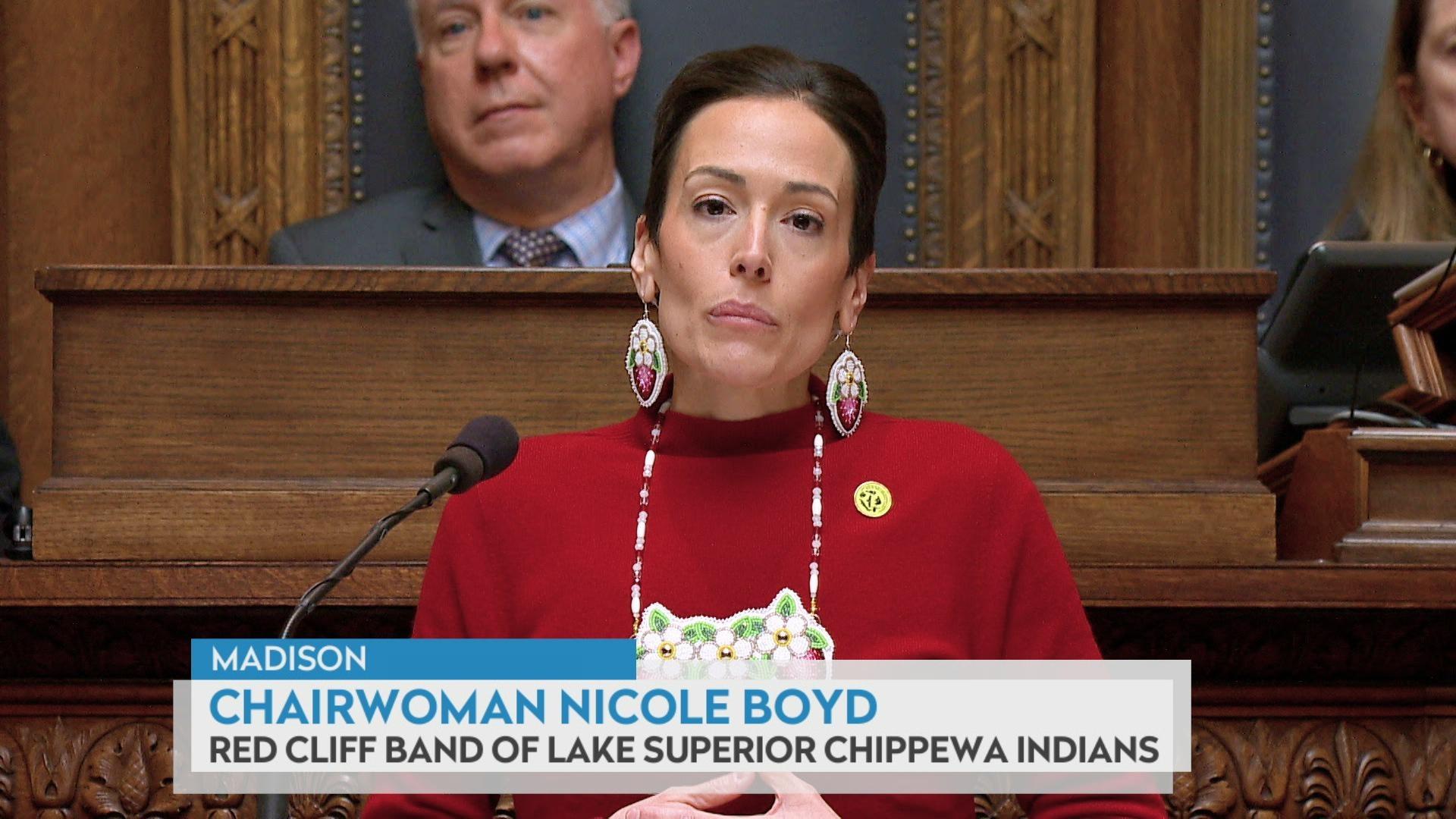
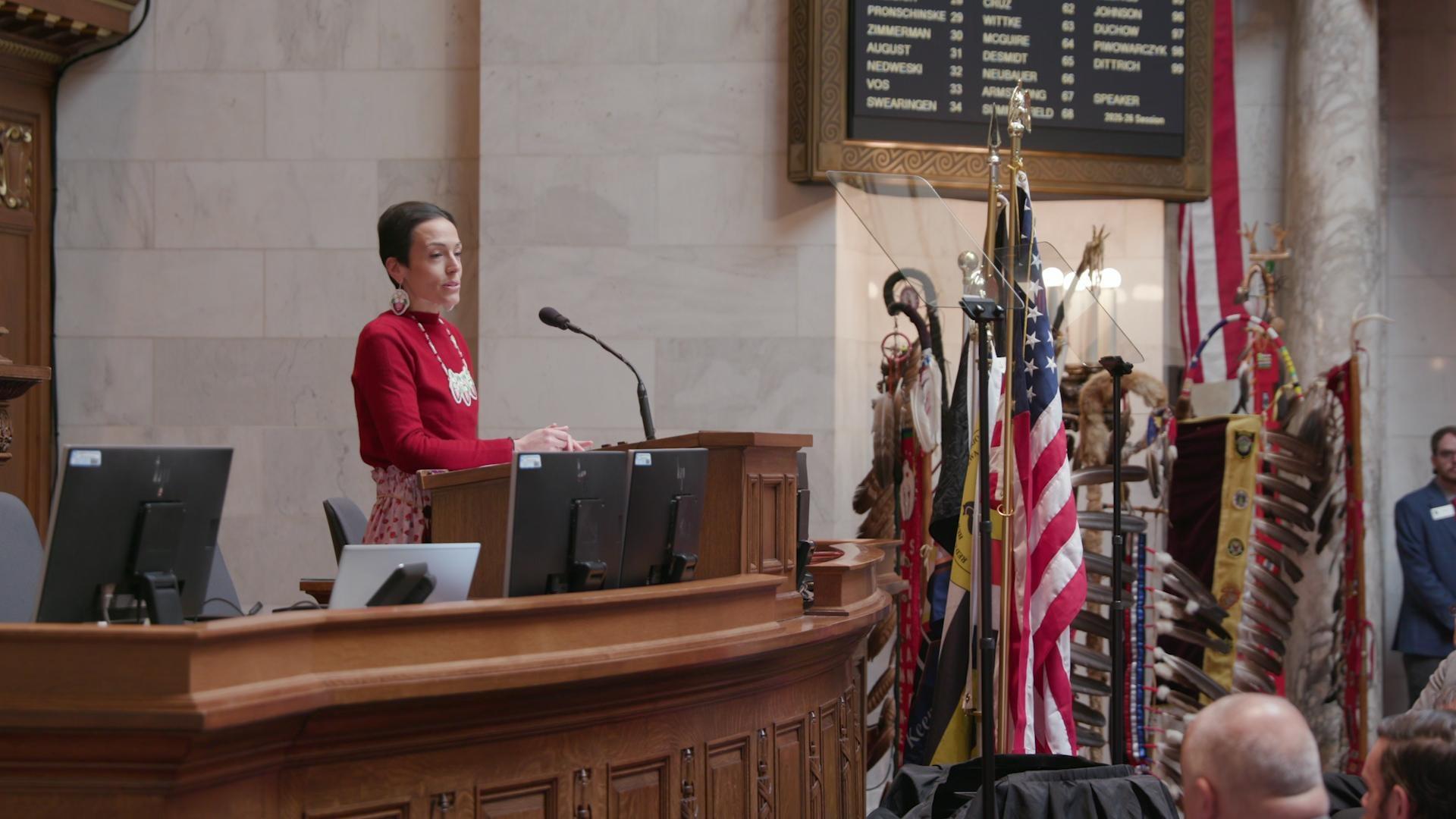
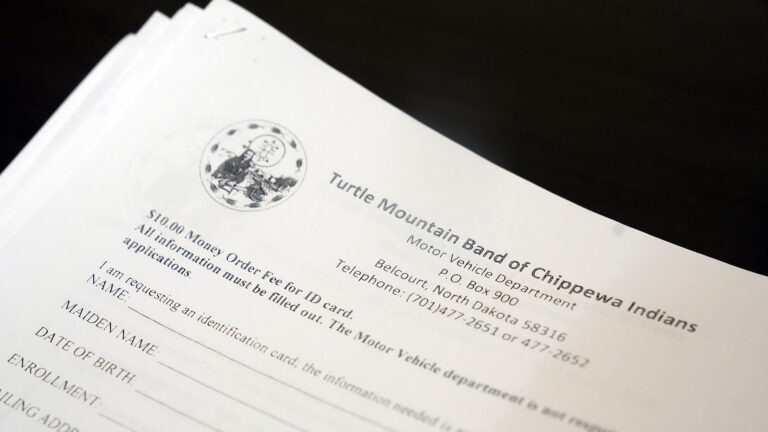
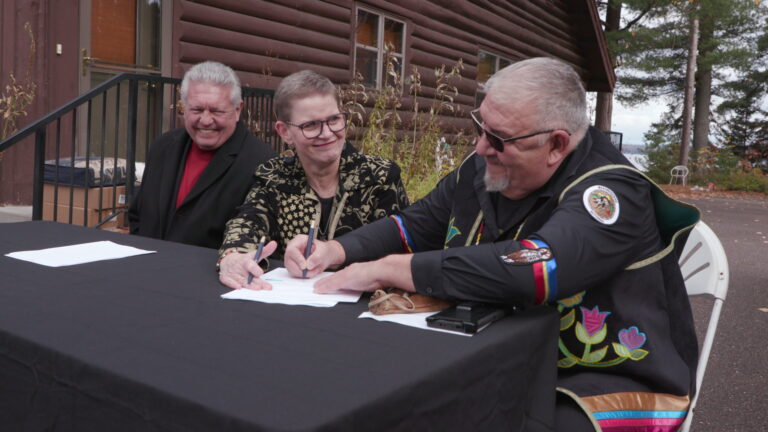

Follow Us